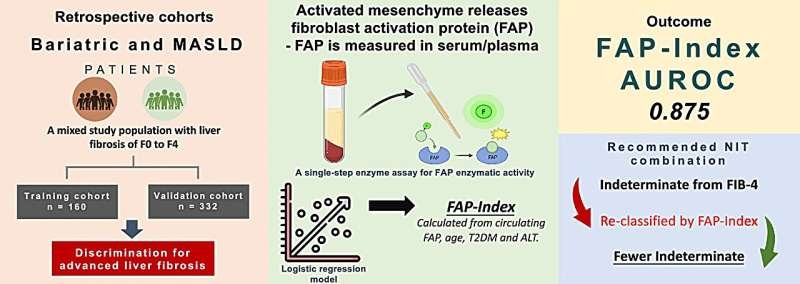High Alkaline Phosphatase Linked to Mortality in CKD Patients
By Labmedica staff writers
Posted on 06 Aug 2008
High levels of alkaline phosphatase, a routinely measured laboratory marker of bone disease, may signal an increased risk of death in chronic kidney disease (CKD) patients undergoing dialysis.Posted on 06 Aug 2008
Dialysis patients have regular blood tests for alkaline phosphatase, which is an indicator of bone disease. However, current guidelines do not include specific recommendations or targets for serum alkaline phosphatase in CKD patients.
A large epidemiologic study was undertaken among nearly 74,000 hemodialysis patients in the United States. Laboratory measurements of alkaline phosphatase levels were analyzed as a possible predictor of mortality risk. Data from patients in DaVita Dialysis Clinics (El Segundo, CA, USA) were analyzed during a three-year period.
The results of the study showed that patients with higher alkaline phosphatase levels were at higher risk of death during the three-year follow-up period. After adjustment for a wide range of other risk factors, patients with alkaline phosphatase levels above the upper limit of normal (>120 IU/l) had a 25% increase in mortality rate.
Kamyar Kalantar-Zadeh, M.D., from the University of California Los Angeles (UCLA; Los Angeles, CA, USA), one of the scientists who took part in the study, said, "If the association between alkaline phosphatase and mortality has a causal link, treatment strategies that reduce alkaline phosphatase levels may improve survival in patients with CKD, and probably in many other patients with chronic diseases and active bone disorders.”
The study appeared in the online issue of the Journal of the American Society of Nephrology (JASN) on July 30, 2008.
Related Links:
University of California Los Angeles
DaVita Dialysis Clinics














